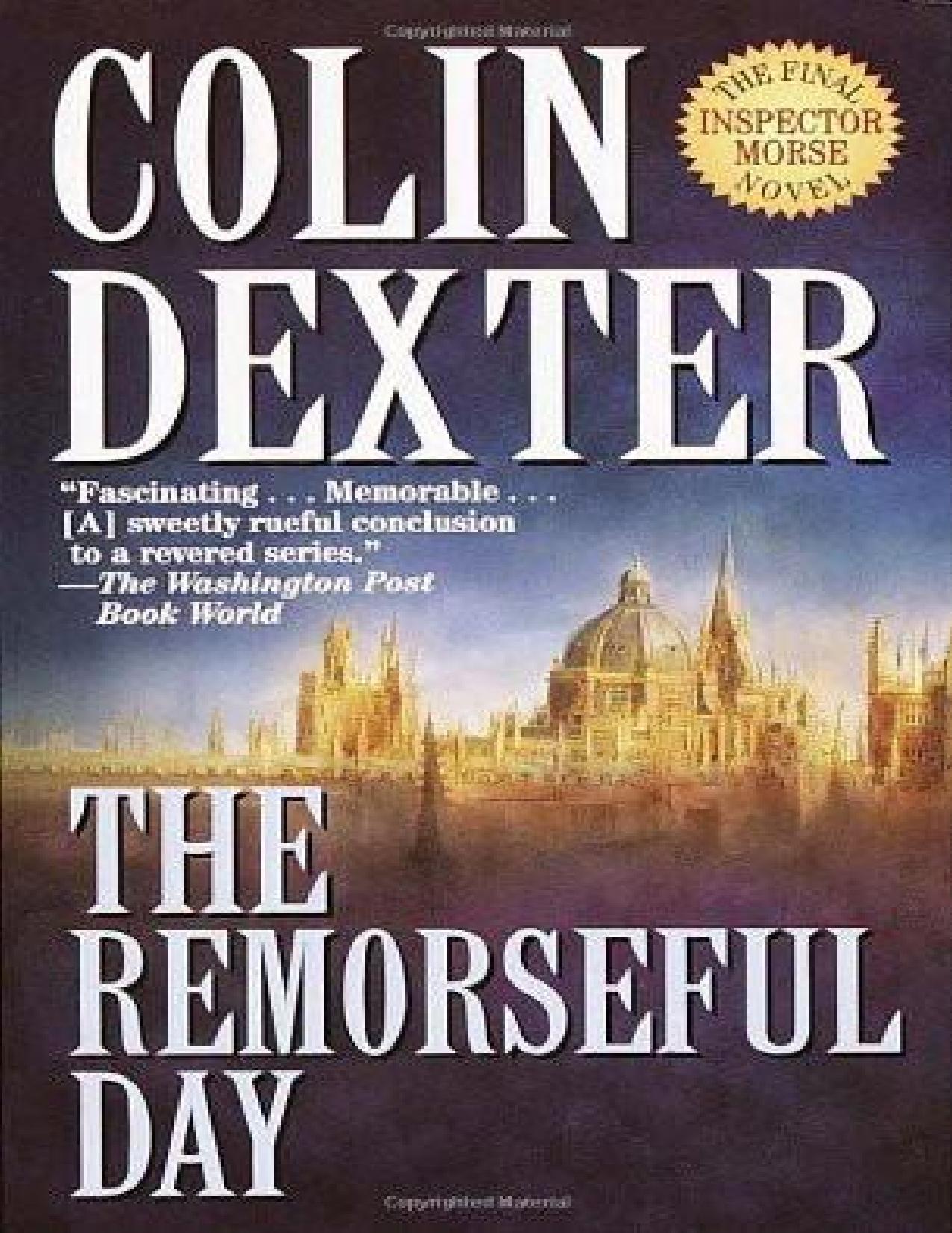
The Remorseful Day PDF
Preview The Remorseful Day
Over 13 novels and a popular television series later, Colin Dexter's Inspector Morse has taken his place alongside Sherlock Holmes, Hercule Poirot, Lord Peter Wimsey, Philip Marlowe, and a handful of other famous sleuths. Like most of them, Morse possesses an uncanny intelligence, especially in matters of crime and crosswords, but Dexter has always made sure that his detective remains fully a man--flawed and uncertain despite an outward bravado. In this final, difficult story, Morse's humanity unfolds much as his cases do: with the slow revelation of secrets and surprises that frequently catch the reader off guard.
The novel begins with events now a year old. Yvonne Hamilton had been found in her home murdered--handcuffed and naked. The Thames Valley Police had supposed robbery, but their suspects had dissolved and all the leads had dried up. A year later, while Morse is on furlough, two anonymous calls to Chief Superintendent Strange open the possibility of a new line of inquiry. Strange wants his best man on the case. Morse, however, shows a surprising reluctance to embroil himself in what seems to be a classic Morsean puzzle. When he finally does reopen the investigation, his unorthodox approach worries even his longtime sidekick, Sergeant Lewis--who begins to suspect that his boss has a personal connection to the victim. What could Morse be up to? And--as many readers will be asking throughout--what could possibly bring his career to a close?
Like the work of few other mystery writers, Dexter's Morse series has consistently blended the dignity of high art with the grimness of crime and punishment. While it's a cliché to say that he transcends the genre, he has certainly expanded its range to novels that entertain while they instruct--even when that instruction is grammatical. The Remorseful Day is indeed a remorseful farewell, a delicately handled conclusion to a series that will now remain artfully complete, not lingering beyond its time. --Patrick O'Kelley
